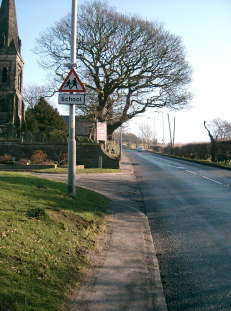Here is a message from my friend Mary. She has given me permission to post it. It speaks powerfully to my recent posts. The wonderful image of the feather on your heart will live with me for ever.
Hi Chris,
I hope you and all your family are really well and warm as the winter bites...
I finally got to reading your ‘Day of the Dead’ blog – not a big mystery why it took me a while to ‘go there’, given the loss of my mother in August and the energy one needs to cope and grieve.
Reading about the different celebrations and festivals surrounding the dead, I was very suddenly taken back to the room in my mother’s house where we brought her, after the hospital, after the undertakers, after choosing a coffin and jewellery and her favourite dark pink jacket to wear in farewell. And the astonishment I felt that she looked so like herself, lying there, with that fine delicate skin and those hands that so often held us safe, shaped our worlds, hands that told stories with abandon and sketched love, dismay, anger and longing on the air around us. Astonishment that, in that room in her house, it seemed there was no veil between the living and dead, and yet there was. Astonishment that someone so utterly vibrant could actually die. It’s changed me.
I feel I want to fight harder for a life lived well and vibrantly, because it doesn’t just land on you, you have to choose it and leave other things or people or stuff aside. And perhaps sometimes it does just land, like a feather on your heart. My mother Carmel had an extraordinary ability to take joy in the smallest thing and then she’d tell you all about it, so you got to share in her sense of joy in a world that can surprise, that can waft a feather straight to your heart. Her life was not easy but her spirit was indomitable. She taught me so much, far more than I ever understood or recognised.
On the Day of the Dead here in Ireland, I watched five of Tomas’ great nieces (all of one family) dress up respectively as Snow White, a leopard, a ghost, a ‘scary guy’ and a little red devil. They brimmed with the excitement of becoming something completely different, an unknown quantity, a mystery. The cold air clung to them as they pranced out into the dark and along the very quiet street of their small village, crossing over into a different realm. Maybe then I saw my mother, transformed into something entirely different, a mystery. Finally, they turned for home, rosy with excitement, coming in from the dark. When they hugged us (and can they hug!) they became known again, solid little bodies in our arms, familiar, warm, ours. So my mother. A mystery, but familiar, ours.
Thank you for the blog, and the stories that connect completely unknown people...
Take care
Mary











